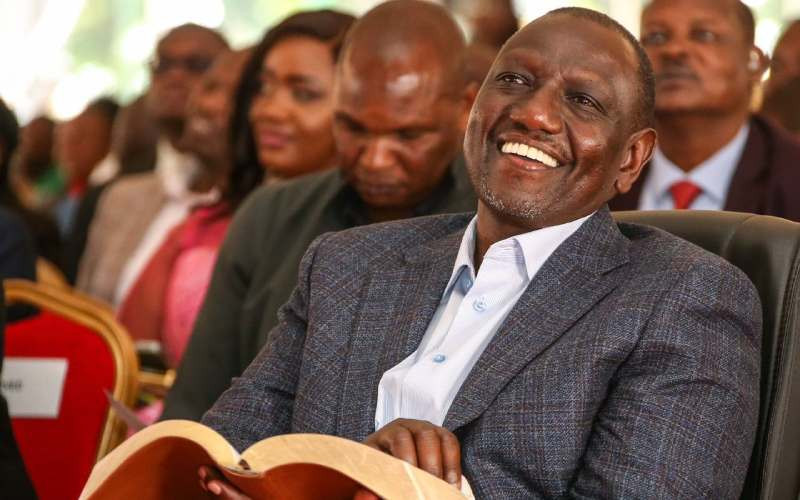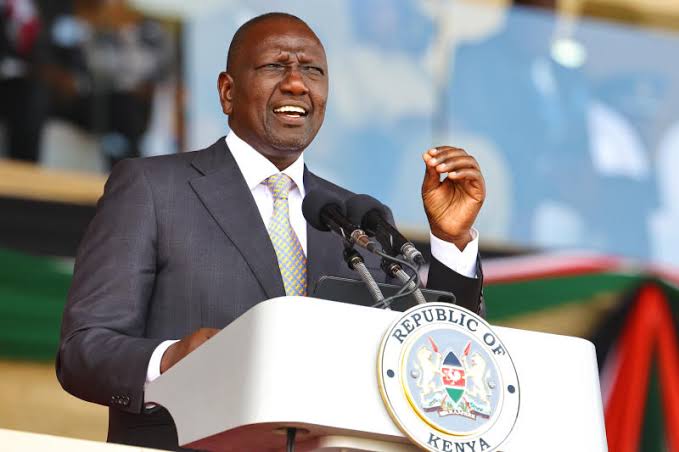President William Ruto has formed a 17-member group to examine Kenya's legal and regulatory frameworks governing religious organizations.
President Ruto declared in a gazette notice dated May 5 that Reverend Mutava Musyimi would chair the committee, which will be operative for the next six months.
As committee members, Judy Thongori, Bishop Mark Kariuki, Bishop (Dr.) Eli Rop, Bishop Philip Kitoto, Archbishop Maurice Muhatia, Rev (Dr.) Alphonse Kanga, , and Dr. Faridun Abdalla will serve.

Prof. Musili Wambua, Mary Awuor Kitegi, Charles Kanjama, Leah Kasera, Joseph Khalende Wabwire, Nancy Murega, and Wilson Wanyanga will join them.
Did you read this?
The joint secretaries of the task force will be Martin Ndiwa Talian and Maria Goretti Nyariki.
According to the President, the task force's key objectives would include finding gaps that have allowed extremist religious organizations to shop in Kenya and developing a legal framework to prevent radical religious groups from operating locally.
It will also draft ideas for changes to various legislation to allow the State to combat religious cults more effectively.
The panel will also present ideas on civic education to educate Kenyans on the need to avoid joining or creating religious cults.
According to the notice, The task force will develop proposals for a mechanism for the public to report religious extremists in their communities, as well as standards and minimum accreditation requirements for religious organizations to register and operate in Kenya.

The committee will also recommend steps the State should take against persons and organizations suspected of indulging in extremist religious practices.
In the case of self-proclaimed preacher Paul Mackenzie, the prosecution's attorneys petitioned a Mombasa court on Friday to enable the State to hold the suspect and six other co-accused persons in custody for another 90 days to conclude investigations.
The prosecution submitted the petition to Shanzu Law Court Principal Magistrate Yusuf Abdallah Shikanda, stating that if the seven accused were released, they would obstruct investigations and risk themselves.









